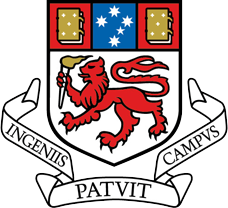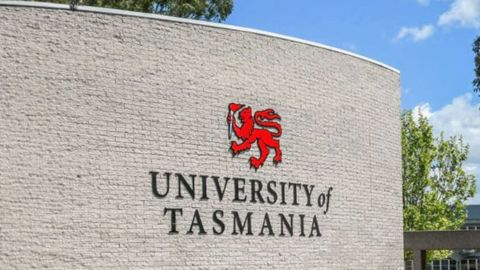
University of Tasmania, Australia
The Adoption of AI to Drive Curriculum Insight at Scale
Unlocking meaningful curriculum insights at scale requires more than analytics dashboards—it demands structured, reliable data and a strategic vision for change.
In this case study, discover how the University of Tasmania (UTAS) used Akari’s curriculum data model in combination with fine-tuned AI to analyse 350 units and identify academic overlap across departments. The result: a replicable model for surfacing insight, improving quality, and supporting strategic transformation across the institution.
What You’ll Learn
- Beyond Data Collection – Using Curriculum as Strategic Infrastructure: Explore how Akari’s structured curriculum data served as the foundation for scalable insight and continuous academic improvement.
- The Role of AI in Curriculum Rationalisation: See how UTAS applied a BERT-based language model to identify duplication and support conversations around credit recognition and academic distinctiveness.
- Operational Gains Through Curriculum Insight: Learn how structured data and AI helped UTAS surface nearly 75 overlapping units—enabling more informed, efficient academic decision-making.
- Proof of Concept, Platform for Expansion: Understand why UTAS sees this as a blueprint for broader applications – from academic planning to institutional efficiency and transformation.
- A Practical Model for Scalable Curriculum Analysis: Gain insight into the tactical steps UTAS used to integrate structured data with AI, iterate results, and refine findings in a live institutional setting.

The University of Tasmania (UTAS) is a public research university based in Hobart, Tasmania, with campuses located in Launceston, Burnie, and Sydney.
UTAS has approximately 33,000 students, with over 19,000 enrolled in undergraduate programs and more than 6,000 pursuing postgraduate studies. The university also supports a large number of distance and online learners, reflecting its commitment to flexible education.
Research is conducted across all major campuses, and the university hosts more than 5,000 international students from over 100 countries.
Students: 33,000 (2024)
Undergraduates: 19,000+ (2024)
Postgraduates: 6,000+ (2024)
Administrative staff: 3,000+ (2025)
